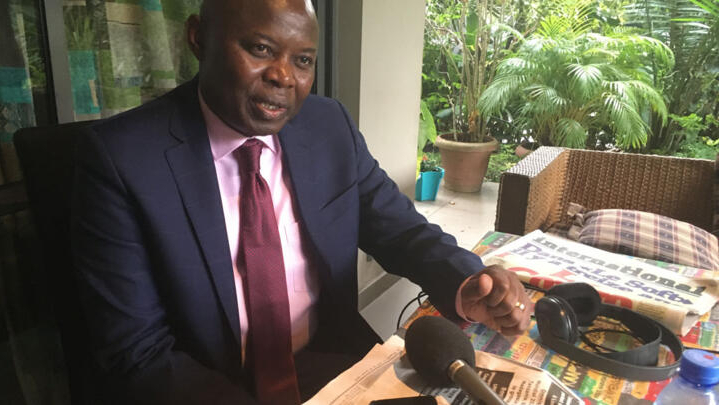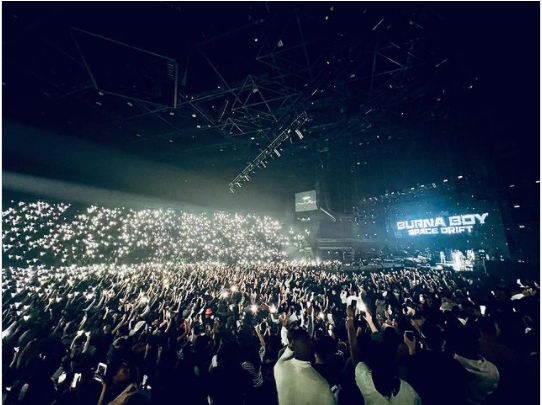After escaping a 20-year Prison sentence for embezzling $48 million, Congolese politician Vital Kamerhe (pictured above) has advised the Kinshasa government to frankly ask Rwanda and Uganda what they really want from DRC.
In capacity as president of the Union for the Congolese Nation (UNC) opposition party, Kamerhe has fronted a three-point plan on how to bring peace to eastern DRC.
He explains at length the content of this plan which includes 3 parts:
Diplomatic: with clear proposals for a “direct and frank dialogue” and “in front of witnesses” with Rwanda and Uganda to “ask them what they really want from the DRC.”
Military: reform of the Congolese army, in particular with the military programming law and military efforts to defeat armed groups and recover all occupied territories.
Application of a viable Disarmament, Demobilization and Reintegration (DDR) program process.
Humanitarian: declare eastern DRC a “disaster zone” in order to set up a large-scale humanitarian action plan.
However, most of these suggestions in his proposal are not anything new. The Kinshasa regime always avoids responsibility of fixing its domestic problems but tries to blame them mostly on Rwanda.
President Paul Kagame of Rwanda in 2012 said that there is a tendency of people running away from issues to make Rwanda the scapegoat.
According to the Rwandan leader, problems of governance in DRC are a key cause of the crisis but because of hypocrisy of the international community, these facts are ignored.
“We fail to understand why they elect to drag Rwanda into this when everyone knows this is supposed to be a Congolese problem,” President Kagame observed.
President Kagame told the recent 77th UN General Assembly that rhetoric will not fix the security crisis in the DR Congo that has persisted for decades.
“There is an urgent need to find the political will to finally address the root causes of instability in eastern DRC. The blame game does not solve the problems.”
The Kinshasa regime still provides cover to FDLR rebels composed of perpetrators of the 1994 genocide against Tutsi in Rwanda.
The continued presence of FDLR in DRC has been ignored even as they cause suffering to Congolese. Kagame says the continued presence of FDLR in DRC has been ignored.
Most recently the M23 rebels were attacked by government troops shelling their bases. The rebels have been waiting for implementation of the Nairobi Peace treaty but Kinshasa has reneged on it.
Provisions of the peace deal include the dissolution of M23 as an armed group, as well as demobilization and a renunciation of violence .
Instead the DRC troops attakced the rebel bases prompting the M23 to pick up arms and launch deadly counter offensives leading to seizure of Bunagana town and vast area in the Eastern region.
Kagame noted that the FDLR (elements) were fighting alongside DRC Forces, FARDC, against M23. And then to make it worse, Monusco-the UN Force on the ground got into the mix…,” Kagame said.
“There is a need to address this problem of kinyarwanda speaking congolese including the so called M23. That is the problem of the DRC to solve, not mine,” President Kagame said.
FDLR in collaboration with Congolese army has shelled Rwanda’s territory three times this year.
“It is not acceptable that FDLR would be supported to cross into Rwanda or shell our territory and kill citizens. We have not done that to Congo,” the President Kagame said in July.
President Kagame indicated that the FDLR should have been eliminated long ago but Kinshasa has kept them around.







